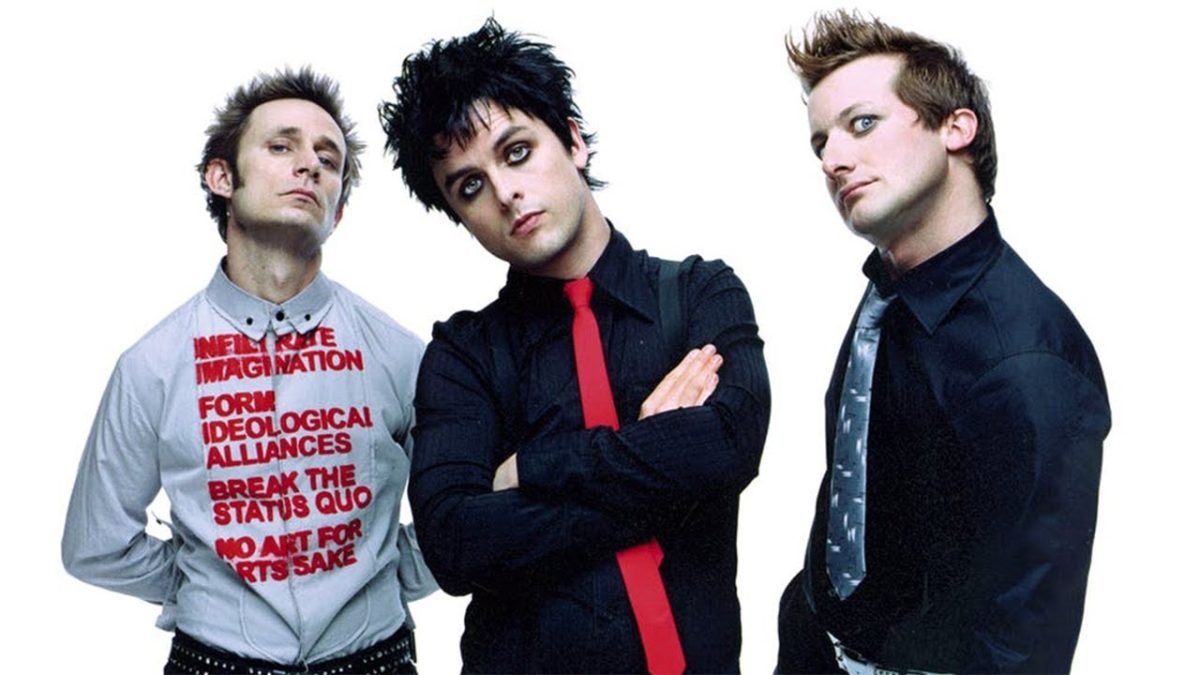American Idiot’s Resurgence: Rebellion, Relevance, and the Criticism Conundrum
Dive into the enduring legacy of Green Day's 'American Idiot' as it faces the new age of digital critique and cinematic dreams.


In the pantheon of rock defiance, Green Day's "American Idiot" stands as a rebellious monument—a middle finger in the face of 2000s political apathy. It’s an album born from frustration, weaving punk energy with a caustic, theatrical nod to the zeitgeist. Today, the whisper of its transformation into a film once again echoes through the corridors of popular culture, a tantalizing promise for the rebellious spirit of rock fans. But lurking in the shadows of this cinematic dream is a question of controversy: How does the noise of online criticism shape its creators?
A Decade and a Half of Creative Pushback
From the moment "American Idiot" dropped, it was a clarion call—tall and unyielding against the opulent façade of the Bush-era political sphere. An album so rich in narrative, it seemed destined for cinematic glory. Early murmurs of this film adaptation have gyrated from disbelief to hope, all while wrestling with the feedback of the digital age. Billie Joe Armstrong’s continued optimism speaks not only to the work's enduring allure but to the spirit of defiance that thrives in genuinely dangerous art.

The Digital Echo Chamber: A Creative Sea Anchor?
In our hyper-connected world, every move from a band like Green Day can be met with instantaneous applause or a relentless onslaught of critique. Social media, the self-appointed critic's arena, can be a double-edged sword. It is empowerment at its most exhilarating, and at its worst, a creative sea anchor bogged down by nitpicking and negativity.
Online platforms have given audiences a voice—a voice that sometimes thrives on dismantling creativity from an air-conditioned armchair. For artists, the challenge of navigating this echo chamber is profound. It marks a departure from the straightforward rebellion of rock in its purest form to a complex dance between integrity and online perception. The conversation transforms from one of raw emotion to one burdened with the need to please.

Creating in the Age of Criticism
As Armstrong muses on the potential film's future, the backdrop of this narrative is as much about the fight to uphold authenticity in a culture saturated with ephemeral critique as it is about Green Day’s musical legacy. For all the bright lights of mainstream acceptance—be it Broadway or Hollywood—there lingers the question of how much is compromised on the altar of mass appeal.
The story of "American Idiot’s" conceivable transition from record to reel is not just about a band's odyssey but a commentary on the pressures that creativity faces in a world where criticism is an everyday currency. The album’s potential film adaptation stands as a rallying cry—not just against the past political tones it critiqued but against the passive, digitized critique that stifles today’s creative fires.
In the quest to maintain their rebellious edge, Green Day's journey speaks to a broader truth—one that real rock, real danger, and real emotion still hold the power to transcend the static of contemporary commentary. And in a sea of hollow hype, that authenticity is precisely what we need.




